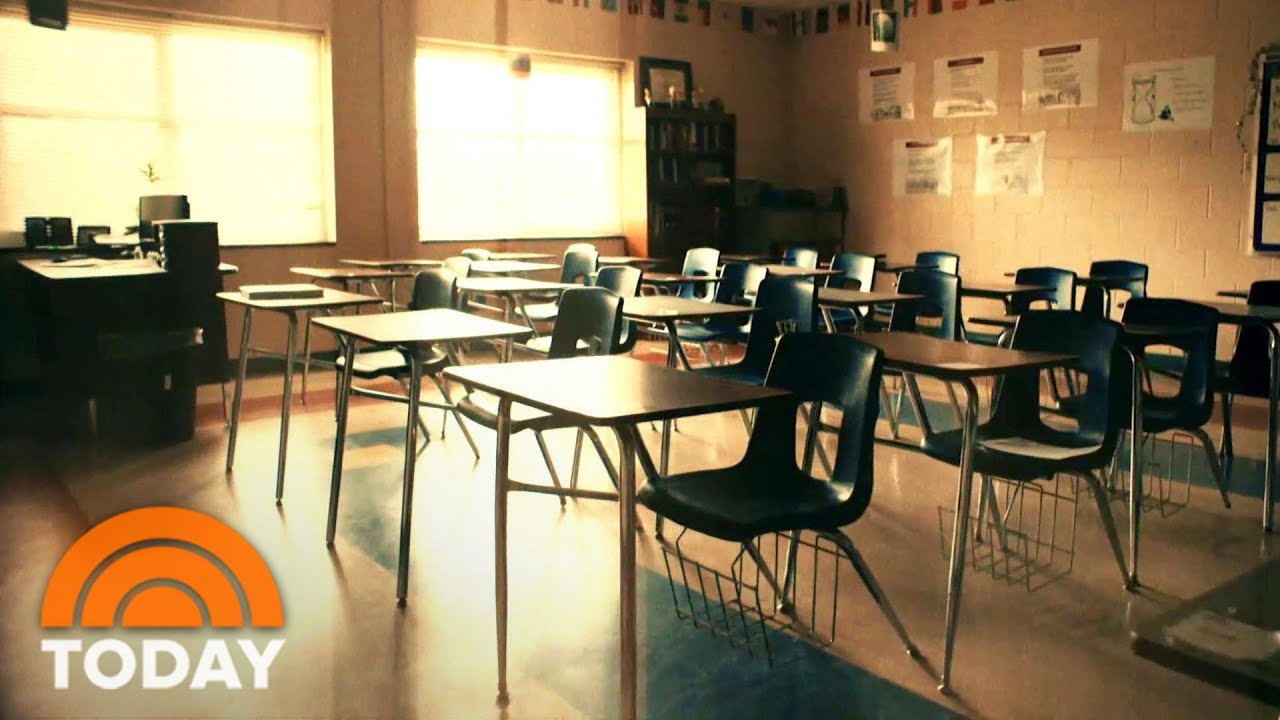The confirmed United States death toll from coronavirus has topped 250,000, the highest figure of any country in the world.
The grim milestone was confirmed by Baltimore’sBaltimore’s Johns Hopkins University, which collates worldwide data on Covid-19 fatalities and cases, on Wednesday.
Governors and local officials have brought in a range of measures in recent days to try to damp down the surge. Cleveland asked residents to stay home, mask mandates were passed in places that had previously resisted them, and New York City’sCity’s school district, the largest in the United States, is halting in-person learning from Thursday.
Over a seven-day average, the US reports 1,176 daily deaths, more than the average daily deaths in India and Brazil combined – the two countries next most affected.
It comes as infections, hospitalizations, and mortality rates are rapidly increasing in most states across the US.
The number of people hospitalized with the virus rose to at least 78,630 by Wednesday afternoon, the highest ever for a single day during the pandemic.
As found on Youtube
The nation’s largest school system, New York City, says it is closing all of its schools, sending about 300,000 students home and creating new challenges for working parents. The decision comes as the infection rate in New York City, once the epicenter of the pandemic, is now at 3%. While experts say that might be one of the largest indications of just how dire the crisis has become, it is far from the most devastating.

New York City was the first major city to reopen schools this fall, and the decision to close is not sitting well with the parents of the nearly 300,000 children still attending in person.
“It’s disappointing for parents who are constantly scrambling,” one parent told CBS News. “Every day, we are waiting for a shoe to drop.”
Adding to the confusion, bars, restaurants, and gyms will all remain open. It was a bitter pill to swallow on a day when one of the leading vaccines got a huge boost.
One small ray of hope: the drugmaker Pfizer said new data shows its vaccine is 95% effective, which is better than what it first announced last week. Pfizer said it is days away from seeking emergency approval from the FDA to start giving the shot.
“The vaccine looks extremely promising to help us end this pandemic,” said Dr. Edward Walsh, who headed up one of Pfizer’s phase 3 trials at the University of Rochester. “The benefit is enormous, and the risks are very small.”
The United States health care workers, the first in line for a vaccine once it’s approved, could get their shots in about a month.
“If we can hang on and implement the public health measures, help is on the way,” said Dr. Anthony Fauci, the nation’s top infectious diseases expert.
Other big news is the FDA approval of an at-home self-test that provides results in 30 minutes or less and costs less than $50. You do need a prescription, and it’s not widely available until spring 2021.
With a week to go before the Thanksgiving holiday, public officials are not taking any chances. “Don’t be a turkey this Thanksgiving. Be safe,” said New York Governor Andrew Cuomo.
Americans are looking for the all-clear, lining up by the thousands across the country to get tested.
The CDC says the safest holiday this year is the one celebrated with your household. But if you’re hosting, gatherings should be outdoors with a small group, and guests should bring their food and wear masks.
Around the country, governors are continuing to sound the alarm.
“Arizona and our nation remain in a public health emergency, and getting back to normal isn’t in the cards right now,” said Arizona Governor Doug Ducey.
There are growing fears that hospitals in the hardest-hit areas will be overwhelmed as doctors and nurses speak of nightmare situations now unfolding.
“I think a lot of us now are in the kind of, for the lack of a better word, ‘siege mentality,'” Nathan Nielsen told CBS News. “It is fatigue beyond fatigue.”
A comprehensive new study shows most coronavirus patients maintain significant immunity for at least eight months, suggesting if you had the virus and recovered, you could be immune for a significant amount of time. The study still needs to be peer-reviewed, but it is promising.








